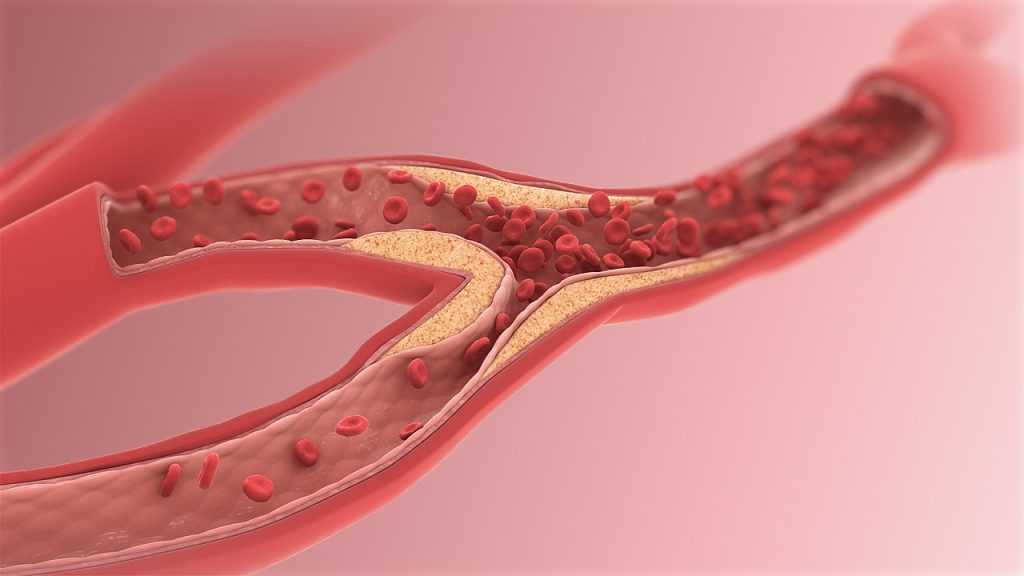Link Between LDL-C and CVD not as Strong as Thought

New research has shown that the link between low density lipoprotein cholesterol (LDL-C) and cardiovascular disease may not be as strong as previously thought.
The study, published in JAMA Internal Medicine, provides evidence that calls into question the efficacy of statins when prescribed with the goal of lowering LDL-C and consequently cardiovascular disease (CVD) risk.
Numerous prior studies have suggested that using statins to lower LDL-C positively affects cardiovascular health outcomes, findings which are reflected in the various iterations of expert guidelines for the prevention of CVD. Several large clinical trials have indicated that for every 1-mmol/l reduction in LDL-C levels there is a 23% reduction in CVD risk.
The new findings contradict this theory, finding that this relationship was weaker than previously thought. Lowering LDL-C with statins in fact was found to have an inconsistent and inconclusive impact on CVD outcomes such as myocardial infarction (MI), stoke, and all-cause mortality.
Additionally, it indicates that the overall benefit of taking statins may be small and will vary depending on an individual’s personal risk factors.
Commenting on the findings, the paper’s lead author Dr Paula Byrne said: “The message has long been that lowering your cholesterol will reduce your risk of heart disease, and that statins help to achieve this. However, our research indicates that, in reality, the benefits of taking statins are varied and can be quite modest.”
The researchers go on to suggest that this updated information should be communicated to patients through informed clinical decision-making and updated clinical guidelines and policy.
Source: RCSI University

